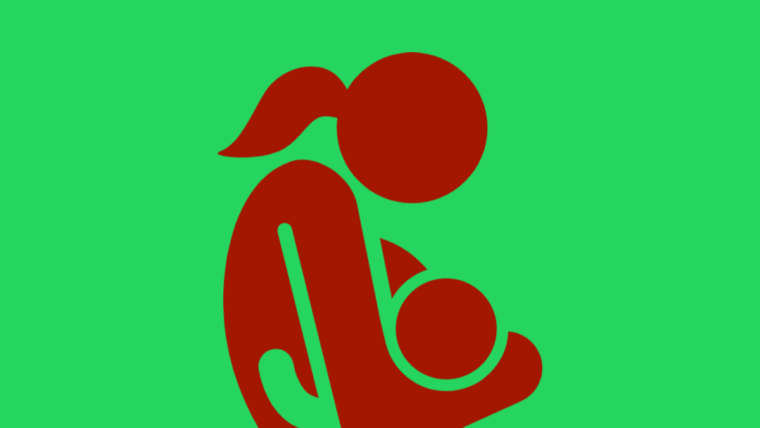Insulin Resistance is a condition that involves a decrease in the sensitivity of the body’s Cells to the actions of Insulin (i.e. a decrease in Insulin Sensitivity). Insulin Resistance is characterized by decreased sensitivity of Insulin Receptors for Insulin. This lack of sensitivity to the effects of Insulin results in ever-increasing production of Insulin, to the extent that dangerously high levels of Insulin can occur. 25% of the population of the United States has Insulin Resistance (presumably this statistic would apply also to most other Western nations). Insulin facilitates the transport of Vitamin C into Cells and the Insulin Resistance that afflicts Diabetes Mellitus patients may therefore impair the transport of Vitamin C into Cells.
– 6.7% of persons aged 20 – 29 have Insulin Resistance.
– 43.5% of persons aged 60 – 70 have Insulin Resistance
Substances may Cause Insulin Resistance
– Excessive consumption of Fructose may cause Insulin Resistance
– Excessive consumption ofSucrose may cause Insulin Resistance
– Excessive consumption ofCarbohydrates may cause Insulin Resistance
– Excessive consumptionCaffeine may cause Insulin Resistance
– Excessive consumption of Soft Drinks may cause Insulin Resistance
– Excessive consumption of Alcohol may cause Insulin Resistance
– Excessive endogenous production or release o fInsulinmay cause Insulin Resistance (via a Negative feedback)
– Excessive production of Cortisol may cause Insulin Resistance in the Muscles
– ExogenousEstrogensmay increase the risk of Insulin Resistance in postmenopasual women using Estrogens as part of Hormone Replacement Therapy (HRT)
– Excessive consumption of Saturated Fatty Acids and Trans-fatty Acid may cause Insulin Resistance
– C-Reactive Protein is a biomarker of Insulin Resistance
– Elevated Uric Acid levels may cause Insulin Resistance
– Obesity may increase the risk of Insulin Resistance
– Excessive Stress may cause Insulin Resistance
– A high Glycemic Index diet may increase the risk of Insulin Resistance
Insulin Resistance may be Associated with these Ailments
– Insulin Resistance may increase the risk of Heart Attack
– Insulin Resistance may increase the risk of Ischemic Heart Disease (due to the elevated Insulin levels that are associated with Ischemic Heart Disease)
– Insulin Resistance may cause Hypertension
– Insulin Resistance may cause Stroke
– Insulin Resistance may contribute to the development of Alzheimer’s Disease
– Insulin Resistance is a symptom of and is the primary feature of Diabetes Mellitus Type 2
– insulin Resistance may increase the risk of Atherosclerosis
– Insulin Resistance may increase the risk of Breast Cancer
– Insulin Resistance may increase the risk ofProstate Cancer
– Insulin Resistance may causePolycystic Ovary Syndrome (PCOS) , there is some evidence that Insulin Resistance is the principal underlying cause of (PCOS)
– Insulin Resistance may cause the Nonalcoholic Steatohepatitis (NASH) form of Fatty Liver
– Insulin Resistance may result in elevated serum Cholesterol, Triglycerides levels and lower the HDL Cholesterol
– Insulin Resistance may be the underlying cause of Fatigue
Substances may Decrease Insulin Resistance
– some Amino acid may reduce Insulin Resistance (Arginine, Leucine, Taurine and NAC)
– DHEA
– Testosterone
– Melatonin
Lipids
– Conjugated Linoleic Acid (CLA)
– Gamma Linolenic Acid (GLA)
– Alpha-Linolenic Acid (LNA)
– Omega-3Fatty Acid
– Docosahexaenioc Acid (DHA)
– Eicosapentaenoic Acid (EPA)
Minerals
– Calcium
– Magnesium
– Potassium
– Selenium
– Chromium
– Zinc
– Coenzym Q10 may reduce Insulin Resistance
Vitamins
– Vitamin C
– Folic Acid
– Vitamin A
– Biotin
– Vitamin D
– Vitamin E
– Vitamin K
– Lipoic Acid
Herbs
– Ginger
– Cinnamon
– Bitter Melon
– Green Tea
– Chia seeds
– Grape Seeds
– Fengreek Seeds
Dietary oils
– Fish oil
– Cod liver Oil
Exercise
– Regular Exercise may reduce Insulin Resistance
– Aerobic
– Isotonic
- Insulin Resistance - March 10, 2021
- prostate – Enlarged (BPH) - November 25, 2020
- Probiotics - October 31, 2020

